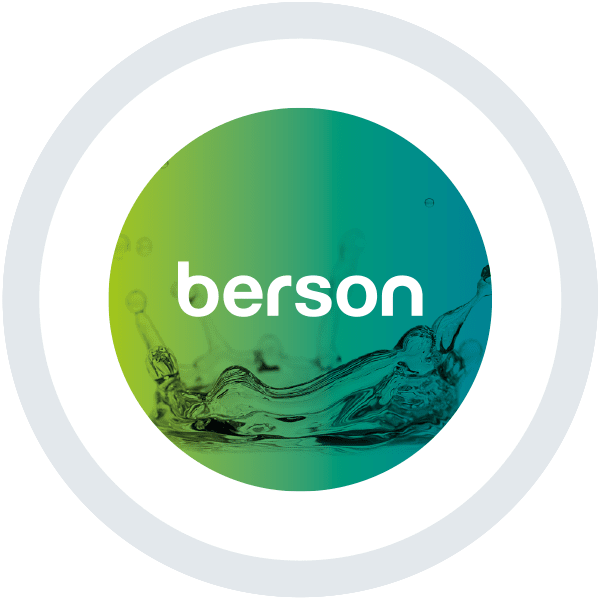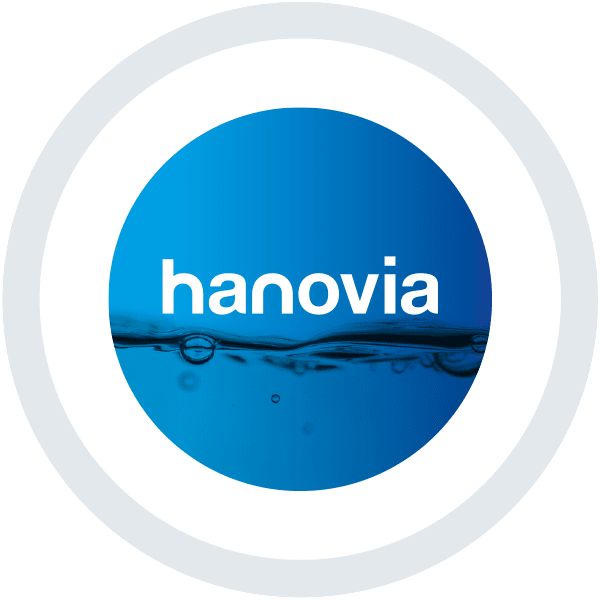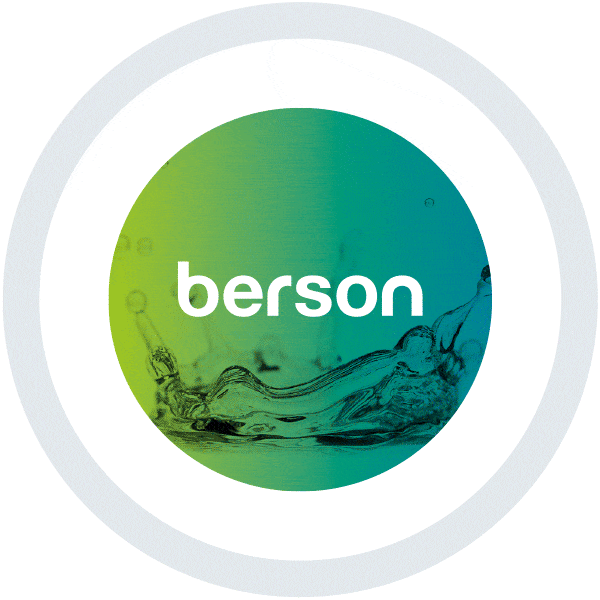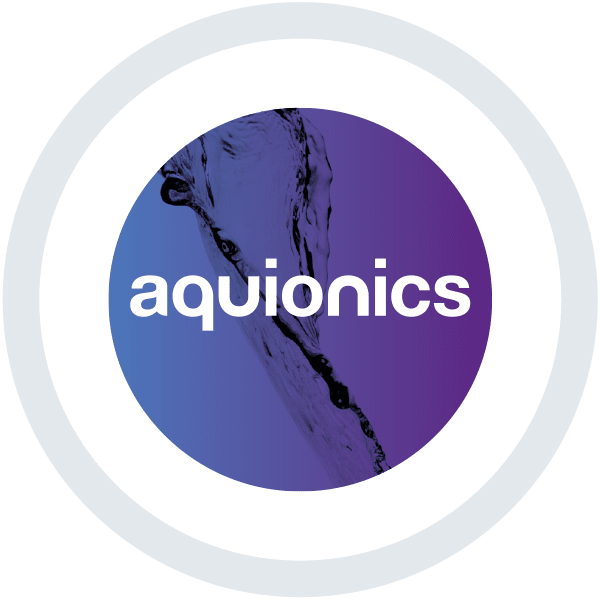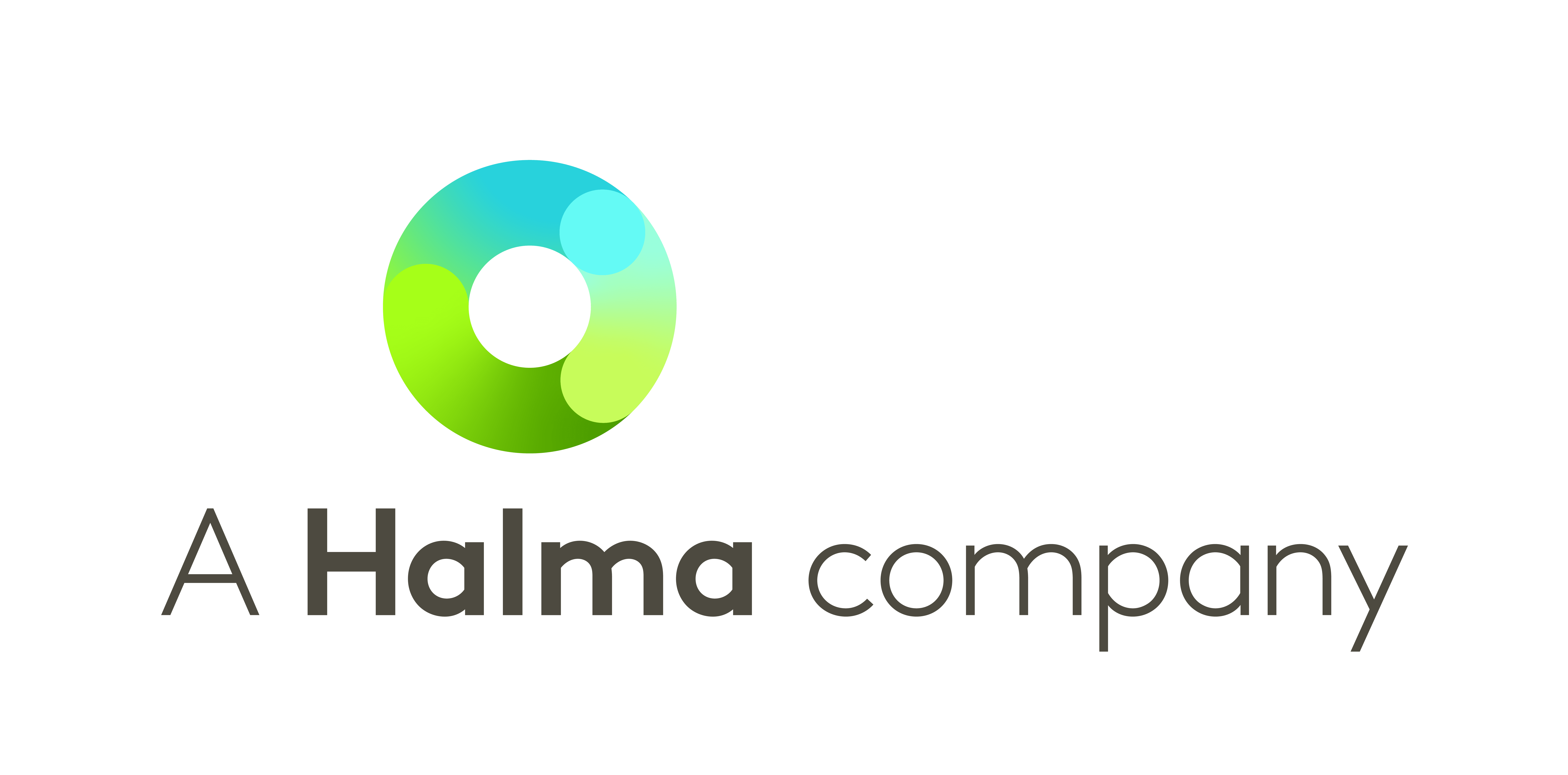Thursday, October 10th, 2019

It is estimated that globally close to 85 million people visit a water park annually. According to Statista, as of 2019, there are about 1,158 water parks in the United States alone, of which 817 are Outdoor parks, 155 are indoor resorts, 111 are stand-alone indoor water parks and the remaining 75 are resorts with
Thursday, August 15th, 2019

One of the common places where Legionella can grow and multiply is within hot water systems such as domestic hot water heaters, commercial hot water storage tanks, etc. While hot water environments are typically unfavorable for most organisms, Legionella grows best within a temperature range of 77F-108F. Outside of that range, Legionella can survive in
Wednesday, June 19th, 2019

One of the most common but misunderstood applications for UV disinfection is for treating sugar syrups such as liquid sucrose. Sucrose is quite common in the beverage industry for use in flavored waters, carbonated beverages, teas, etc. While beverages made with sucrose syrups have some perceived consumer benefits compared to HFCS syrups, it is more
Wednesday, May 22nd, 2019

By: Brian Grochowski On a recent CBS News interview, Andrew Wheeler, Administrator of the United States Environmental Protection Agency (USEPA), stated that he believed “water issues are the largest and most immediate environmental and public health issue affecting the world right now. By water issues, I mean primarily clean and safe drinking water, marine litter
Monday, February 18th, 2019

Within an aquatic facility, a UV disinfection system is traditionally installed as a stand-alone device. Its presence usually goes unnoticed as it treats countless gallons of water every day, ensuring chloramines are destroyed and water borne pathogens are inactivated. It also pays little attention to the other equipment surrounding it, that is until recently. Now,
Tuesday, February 5th, 2019

UV disinfection technology treats one million gallons of wastewater per day for reuse in award-winning botanical garden irrigation project Ultraviolet (UV) disinfection systems from Aquionics are producing significant energy and maintenance savings for a wastewater treatment plant in the City of Silverton, Oregon. The facility collects all the residential, commercial and industrial wastewater produced by
Wednesday, December 5th, 2018

Many operators of aquatics facilities are asking that question. With the summer over, what must I do to prepare my outdoor UV system for the winter months or indeed, what is required should my UV system be shut down for an extended period of time? There are several basic steps that should be taken when
Friday, August 17th, 2018

August 8, 2018 Aquionics has announced a key appointment that strengthens its position as a leading provider of high-quality ultraviolet (UV) disinfection technology. Steve Doyle will assume the role of Regional Sales Manager for the United States western territory and will be responsible for providing efficient and reliable water and wastewater treatment solutions to the
Friday, August 17th, 2018

There are five viral pathogens of penaeid shrimp listed by the World Organization for Animal Health. IHHNV infectious hypodermal & hematopoietic necrosis virus YHV yellow head virus TSV Taura syndrome virus WSSV white spot syndrome virus IMNV infectious myonecrosis virus IHHNV also knowns as Penaeus stylirostris densovirus (PstDNV) was the first reported virus to affect
Wednesday, July 11th, 2018

By: Brian Grochowski Fish and seafood are becoming an increasingly significant part of our daily diet. It is estimated that 2.9 billion people obtain 20% of their protein from fish and seafood and a further 4.3 billion people obtain 15% of protein from this food source. The commercial fishing industry has responded to this demand,



